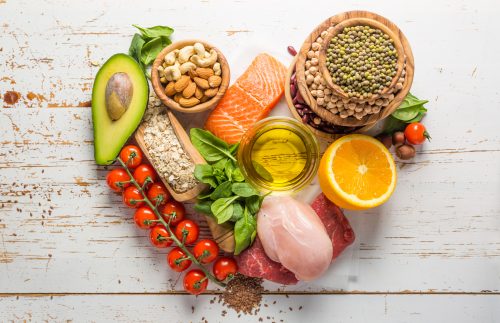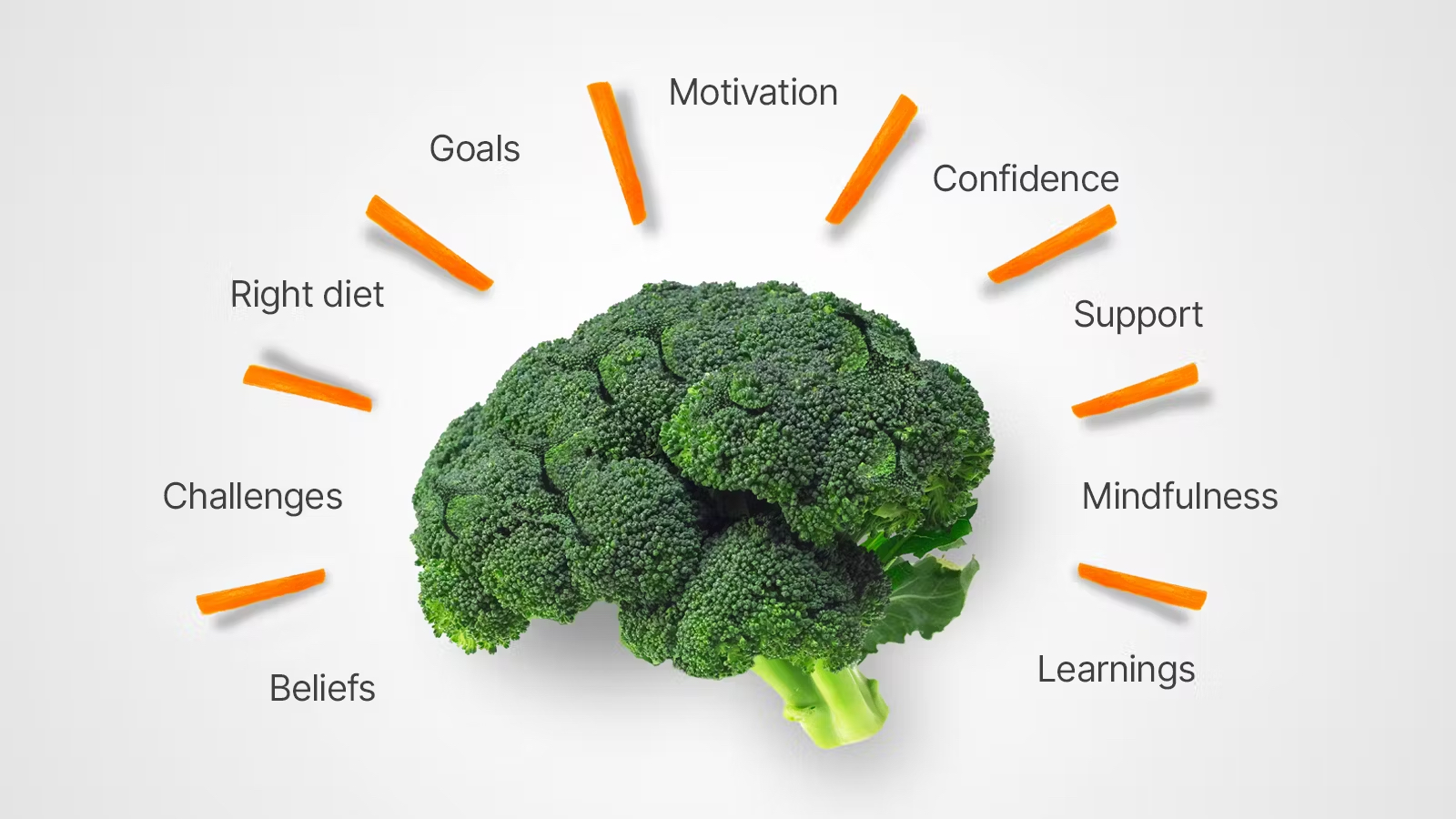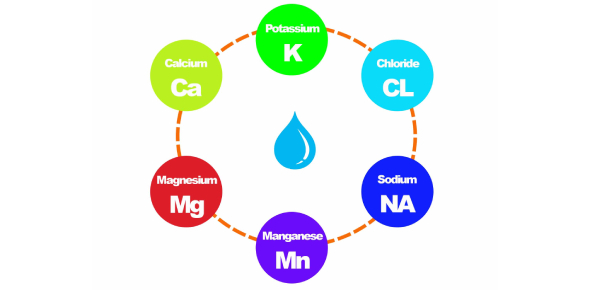Weight Management as a People Pleaser: Putting Yourself First
In a world that often celebrates selflessness and consideration for others, some individuals find it challenging to prioritize their own needs, especially when it comes to weight management. People pleasers, those who prefer anonymity within groups, and those afraid to voice their desires may struggle to establish and maintain healthy habits. In this blog post, we’ll explore the unique challenges faced by individuals who tend to put others first, and offer practical tips for achieving effective weight management without compromising one’s well-being.
The People Pleaser’s Dilemma:
People pleasers are known for their selfless nature, always putting the needs and desires of others before their own. While this quality is admirable, it can pose significant challenges in the realm of weight management. Often, individuals who prioritize others may neglect their own well-being, succumbing to unhealthy eating habits, sedentary lifestyles, and neglecting self-care practices.
Fear of Standing Out:
Some individuals prefer to remain anonymous within groups, fearing judgment or criticism. This fear of standing out can extend to the realm of weight management, where the pressure to conform to societal norms can be overwhelming. The fear of drawing attention to oneself may hinder these individuals from seeking support or making changes to improve their health.
Struggling to Ask for Support:
A common trait among people pleasers and those who prefer anonymity is the reluctance to ask for support and consideration. Whether it’s seeking encouragement in adopting a healthier lifestyle or requesting understanding from loved ones, the fear of burdening others may lead to isolation and hinder progress in weight management.
Tips for Weight Management without Compromising Yourself:
- Set Boundaries:
Establishing boundaries is crucial for people pleasers. Learn to say no when necessary and prioritize your well-being. This includes setting boundaries around meal times, self-care practices, and time for physical activity.
- Communicate Your Needs:
Practice open communication with loved ones and friends. Share your goals and desires regarding weight management, and don’t be afraid to ask for support. True friends and family members will encourage and uplift you on your journey. If anyone in your life begins tempting you or telling you that you won’t succeed, be sure to stand up for yourself and ask them to keep such comments to themselves.
- Find Like-minded Communities:
Seek out groups or communities that share similar goals. Whether it’s a fitness class, online support group, or local meet-up, connecting with others on a similar journey can provide motivation and a sense of belonging.
- Prioritize Self-Care:
Make self-care a non-negotiable part of your routine. This includes getting adequate sleep, engaging in activities you enjoy, and practicing mindfulness. Taking care of yourself is not selfish but essential for overall well-being.
- Small, Sustainable Changes:
Instead of overwhelming yourself with drastic changes, focus on small, sustainable adjustments to your lifestyle. Gradual changes are more likely to be maintained over the long term.
Navigating weight management as a people pleaser or someone who prefers anonymity can be challenging, but it’s essential to recognize the importance of putting yourself first. By setting boundaries, communicating your needs, finding supportive communities, prioritizing self-care, and making gradual changes, you can achieve effective weight management without compromising your well-being. Remember, taking care of yourself is not selfish—it’s a vital step toward a healthier and happier you.










